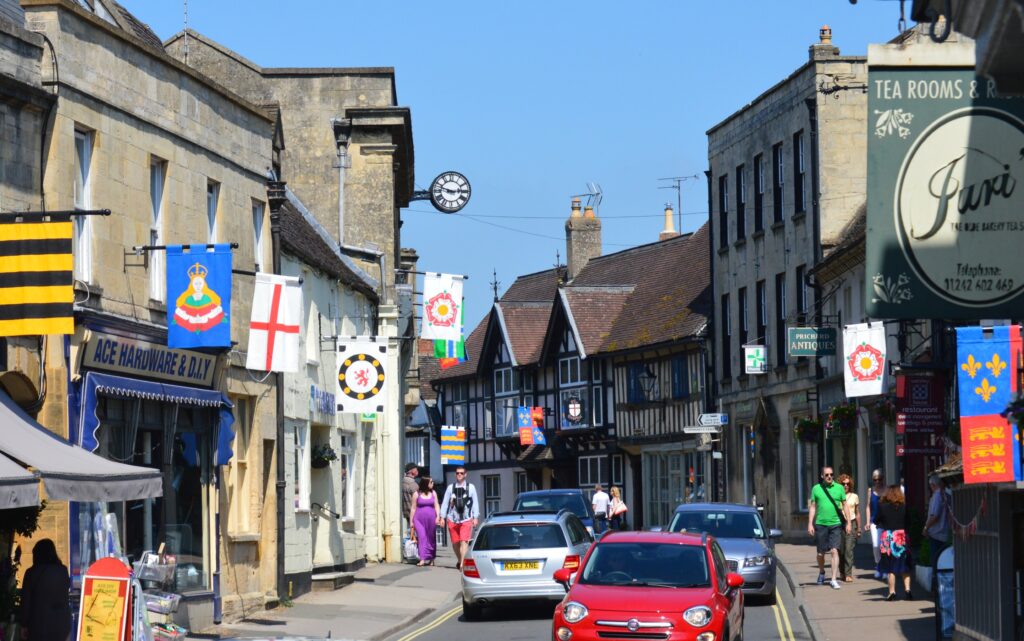
A CCRI research team is currently working on the RECARE project, which is funded by the European Union FP7 programme. The project aims to find and share solutions to soil threats across Europe.
The project is using an innovative transdisciplinary approach to actively integrate and advance knowledge of stakeholders and scientists in 17 case studies, covering a range of soil threats in different bio-physical and socio-economic environments across Europe.
Matt Reed and Jane Mills attended a plenary meeting of RECARE in Hella, Iceland, from 29th May to 2nd June. The week was filled with presentations and discussions. On the last day of the meeting, Matt and Jane gave a presentation on WP11 Effective Exploitation and Dissemination.
There was an excursion on the Wednesday to visit the Icelandic RECARE case study site to learn more about the efforts to halt the soil threat of desertification. Johann Thorsson from the Icelandic Soil Conservation Service (SCSI) explained about the specific soil threat Iceland has to deal with: desertification.
He explained that whilst Mount Hella is overdue for an eruption – sensors are detecting that the mountain is swelling with magma entering its upper chambers – that should not distract from the business of restoring the soil as demonstrated in the trial plot. Johann and his team are experimenting with ways in which to halt the desertification of Iceland and to restore the fertility and health they have not had for several centuries. Prior to settlement, Iceland, like many islands colonised by humans with axes and followed by sheep, was not as it appears today. The first people found an island covered with trees, some of which stood at over 10 metres and were later used for building boats. Underpinning these verdant forests was a soil that was both fertile and protected from the vicissitudes of Iceland’s weather. A combination of poor agricultural management, a severe sandstorm, sheep grazing and volcanic eruptions resulted in a desert of shifting black sand. A patient combination of seed science and adapted farming technologies have seen the area replanted with native grass species,and the spread of the dunes has been stopped.

Matt Reed wrote an article about the visit for the RECARE website.
The meeting minutes, presentations and posters presented can he found on the post-meeting information page.
Julie Ingram, Matt Reed and Jane Mills are the CCRI researchers involved in the project.





